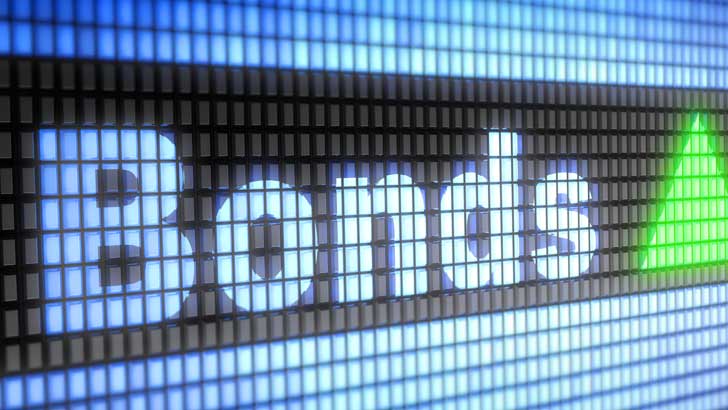The term deposit alternative that offers a higher rate of return
By Sam Morris
As recently as 2011 you could collect an annual return of more than 6% on term deposits. Since then there has been consistent decline in rates to just over 2%, where they sit now.
And much of the commentary on interest rates indicates it will be some time yet before term deposit (TD) rates shift higher.
Investors are often willing to accept this because they feel their money is secure and accessible in a bank. However, there are viable alternatives.
For example, fixed income exchange-traded funds (ETFs) are convenient and easily accessible, offer the ability to buy and sell during the stockmarket's opening hours and can offer a higher rate of return than TDs.
These ETFs do carry additional risk when compared with TDs, including capital value volatility caused by day-to-day fluctuations in the value of the underlying securities and not having the benefit of a government guarantee.
However, the products can carry less risk of permanent capital loss and day-to-day value movement than equities or real property investments held for income.

Why bonds?
A bond is a fixed-income instrument that represents a loan made by an investor to a borrower, typically a company or a government.
It has an end date, when the principal of the loan is due to be paid to the bond owner, and usually includes variable or fixed interest payments (coupons) that will be made by the borrower.
Bonds are easily tradable, but often only in $500,000 denominations and above. As such, most individual investors access bonds through funds and ETFs managed by professional fund managers.
Most importantly, because bond investors legally must be repaid their capital by maturity, fixed income is considered much lower risk than shares or real property.
But not all bond ETFs are equal.
An actively managed bond fund can be a sensible option compared with a passive (or benchmark-hugging) one because fixed-income benchmarks are giving investors much lower returns with more risk than they were 10 or even five years ago.
At a time when self-managed superannuation funds (SMSFs) have a high concentration of Australian equities and high amounts of cash in term deposits and saving accounts, a fixed-income ETF is one alternative to diversify an investor's portfolio.
Get stories like this in our newsletters.


